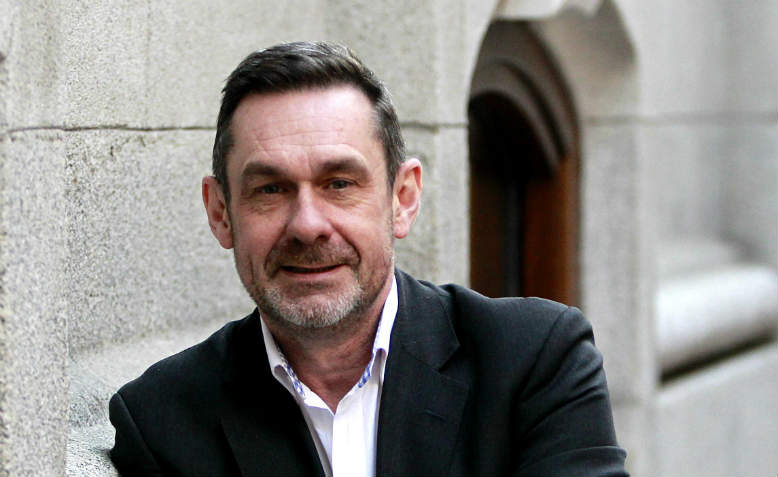 Paul Mason. Photo: Wikimedia Commons
Paul Mason. Photo: Wikimedia Commons
On the bicentenary of Karl Marx’s birth, Paul Mason writes about the relevance of Marx today. Dragan Plavšić explains where he gets it wrong
There is much that is valuable in this anniversary article on Marx by Paul Mason.
Mason’s laudable aim is to highlight the humanist Marx so often derided by the Althusserian tradition. This Marx wants a society “worthy of our human nature” and famously reminds us that we humans aren’t just products of history, we are also its makers.
Mason also valuably emphasises that Marx envisaged communism as a great flowering of human powers, and thus as a great flowering of human individuality (in contrast, say, to the miserable dog-eat-dog model of bourgeois individualism).
But then we hit a snag as Mason explains why we need to jettison one of Marx’s core ideas, that of class struggle. Here Mason tells an all too familiar story. This “class narrative”, he says, is old hat because workers are “encaged in bourgeois society”, capitalism having worked out how to “quarantine [workplace unrest] away from revolution”.
The problem with this is that it sits uneasily with Mason’s core argument about Marx’s humanism. For workers on this account have become captive creatures of capitalism, deemed unable to exercise the collective power to break out of the bourgeois cage they find themselves in; unable, in other words, to exercise the very power to change circumstances and make history which is a key marker of what it means to be human.
What Mason seeks to achieve by jettisoning this “class narrative” soon becomes clear. He is setting the scene for a conclusion which brings again to centre stage his other main theme of the individual. The revolutionary subject isn’t the working class anymore because today, “The revolutionary subject is the self”.
Marx once criticised others for disregarding the individual, for setting up society as an abstraction against the individual. But is it not just as problematic to do the reverse, to set the individual up as an abstraction against society?
Because individuals aren’t abstractions. On the contrary, we are all individuals who find ourselves at one time or another in conflict with other individuals over issues that cannot be divorced from class society and our opposing places in it.
To raise the self to the status of the revolutionary subject means downplaying this rootedness of the self in class society. It means downplaying the fact that the issues this self will face will be faced by many others – but not by those with power and wealth. And as a result it means downplaying the necessity of banding together in various ways, including as revolutionaries, to win the inevitable struggle over those issues.
We humans are intensely social creatures. In history, we have become revolutionary subjects when we have felt ourselves to be part of a collective power rather greater than the self. For only then do we see a way of breaking out of our cages and making history.

